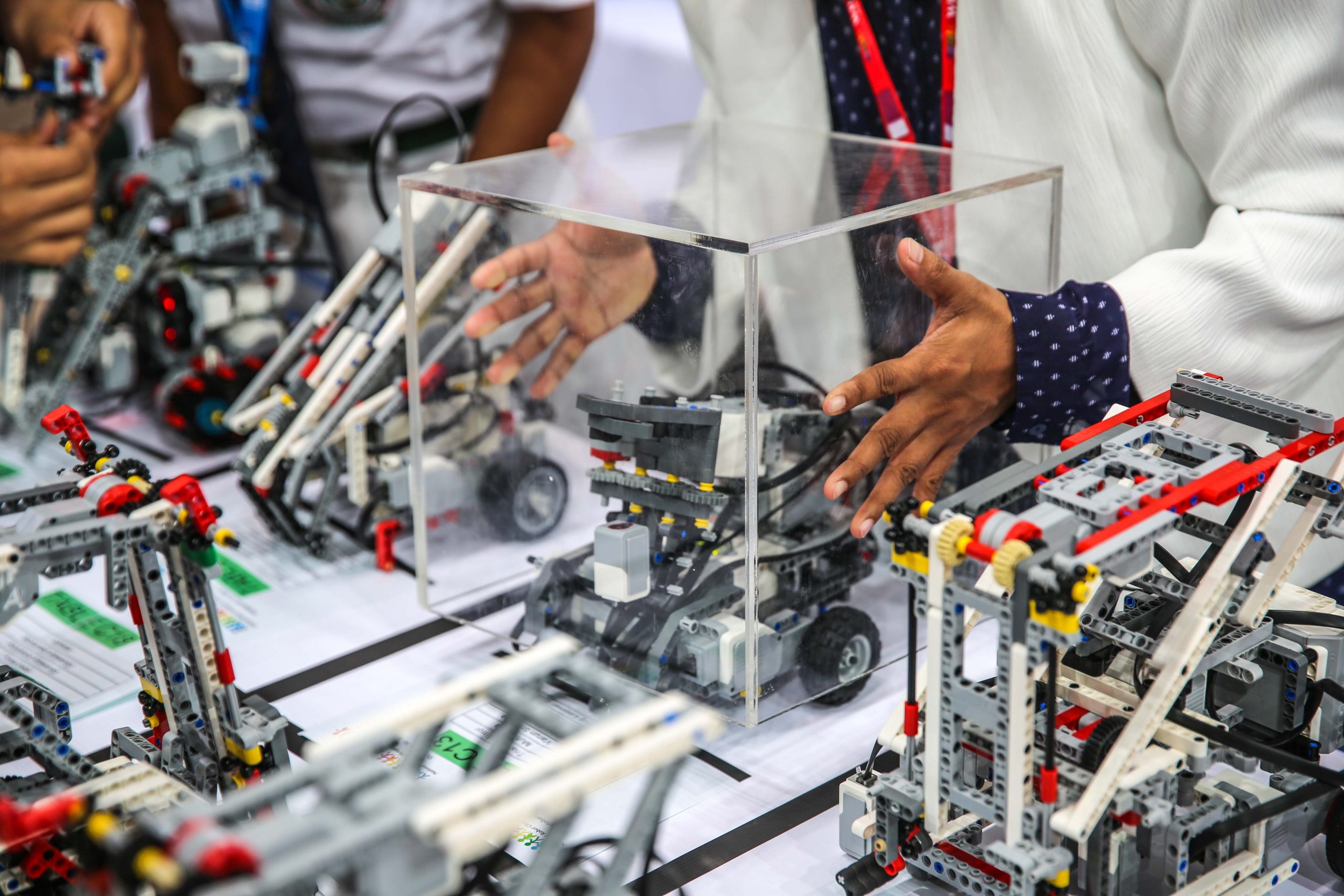The latest move aims to boost innovation and education in the country in line with the 2030 Vision.
The Qatar Scientific Club (QSC) has recently embarked on an ambitious initiative to establish eight digital fabrication laboratories in several public schools that would see students get hands-on experience with new technologies, QNA reported.
A digital fabrication laboratory, commonly known as a Fab Lab, is a hub for creativity, innovation, and learning. It is a space where people can experiment, invent, and mentor others, creating tangible products while using a combination of no-tech, low-tech, and high-tech tools and materials.
In the education system, the labs offer students an opportunity to craft physical objects as a product of their learning experience.
Qatar’s latest additions, in collaboration with the Ministry of Sports and Youth and the Ministry of Education and Higher Education (MEHE), aim to increase the number of innovators and attract scientific talents willing to pursue scientific disciplines in universities.
It’s also expected to boost supply for the labour market.
The Administrative and Financial Director of the Qatar Scientific Club, Fatima al-Mohannadi, emphasised the club’s priority to establish scientific laboratories and equip them with high-performance technologies.
The technologies include digital fabrication labs, robotic fabrication labs, artificial intelligence (AI), business innovative incubators, engineering design corners, electronics and communications labs, implementation and assembly of projects, as well as a library of materials.
Through using these tools and facilities, the labs are expected to achieve progress in research, sciences, and innovation in the Gulf nation, in cooperation with relevant enterprises.
How will the labs help?
QSC aims to encourage innovative thinking and achieve a sustainable future for youth, and its latest initiative seeks to increase awareness of the role of research and innovation in exploring solutions to the challenges facing individuals and institutions.
The establishment of these digital fabrication laboratories also represents a significant development in the education sector in Qatar, as it will offer students hands-on experience in cutting-edge technologies.
Moreover, the labs will provide them with a conducive environment to experiment, create and develop their skills and ideas, which could result in remarkable technological breakthroughs.
The initiative will also attract students interested in pursuing scientific disciplines, as it will offer them an opportunity to work in state-of-the-art facilities with high-performance technologies, including AI and robotics. The labs will also provide an opportunity for Qatari youth to develop their innovative and entrepreneurial skills, resulting in more job opportunities and, ultimately, a more prosperous economy.
The move is expected to create a significant impact on the education sector and the country’s economy, as it is set to contribute to the country’s overall development in science, technology, and innovation.
It also aligns with the objectives of Qatar National Vision 2030, which aims to promote a knowledge-based economy and establish the nation as a leading hub of innovation and research in the region.







